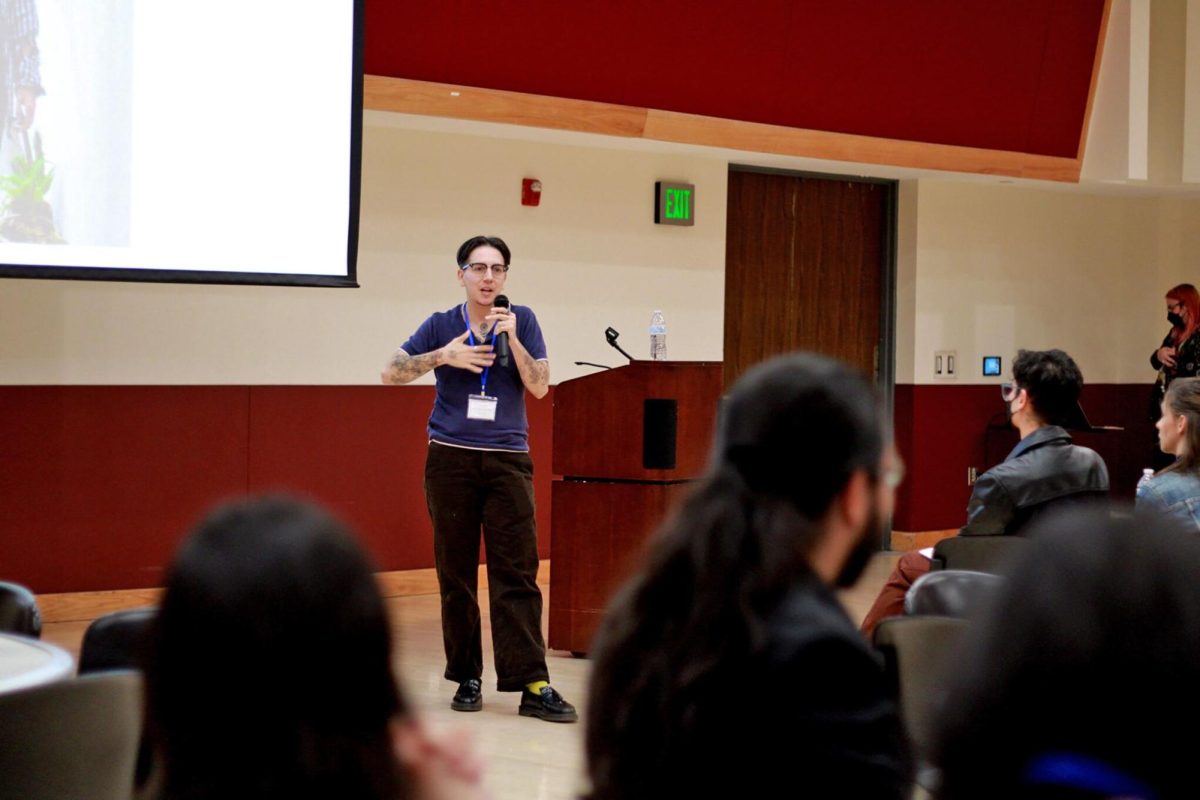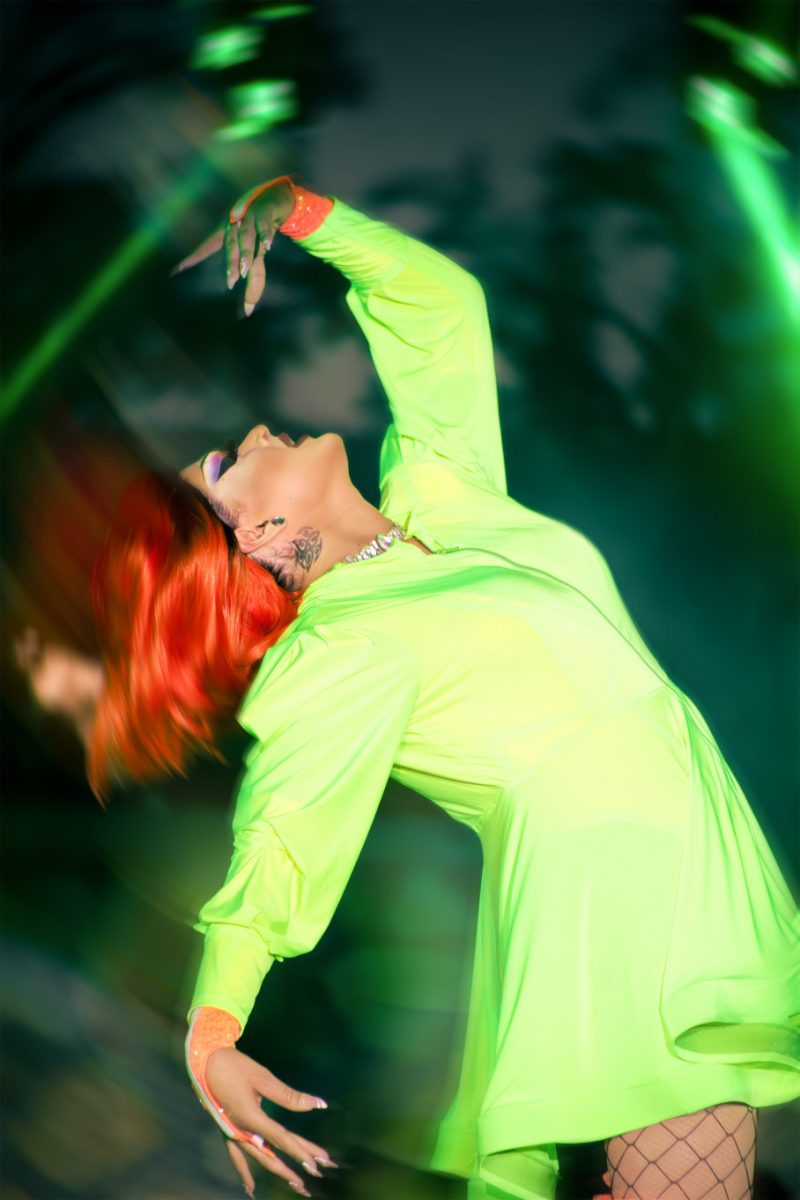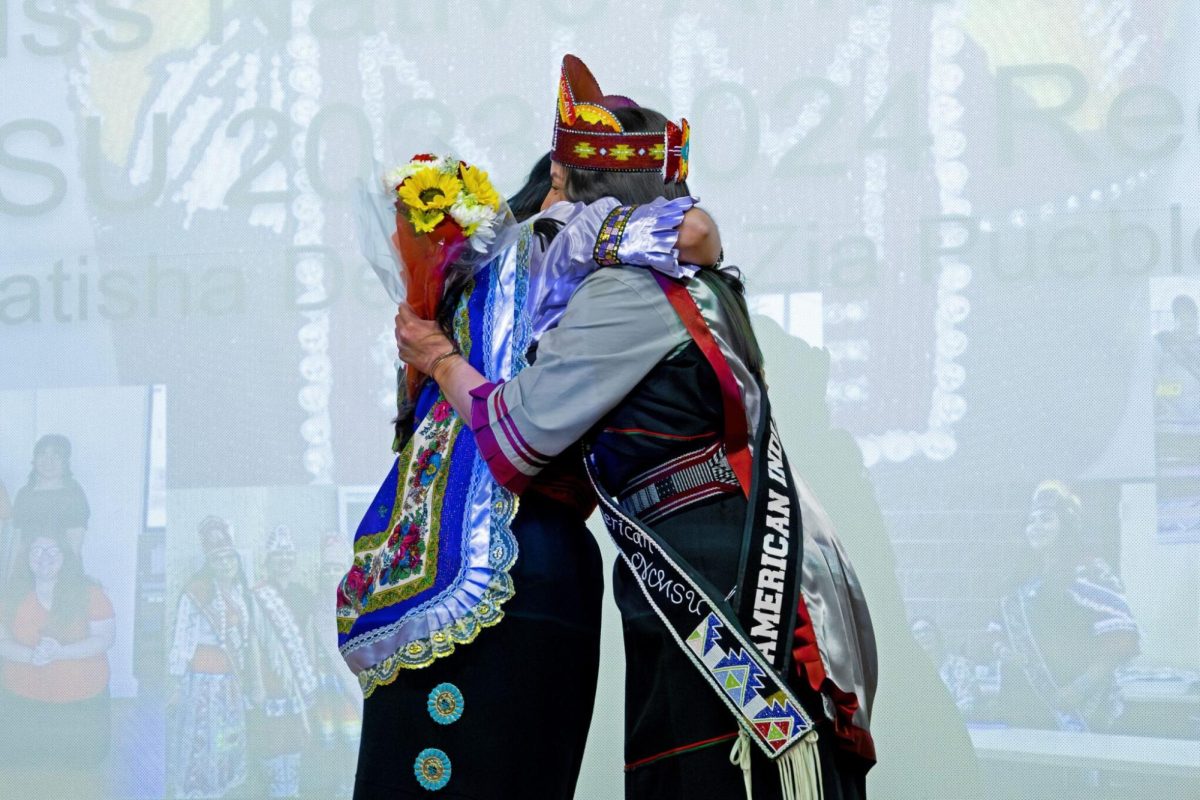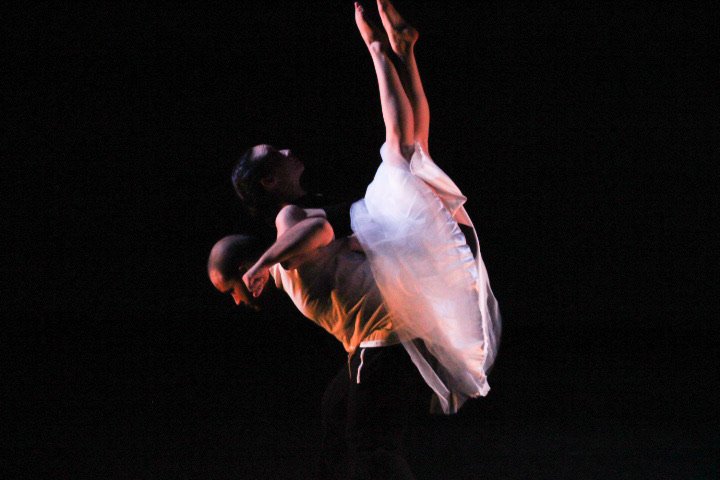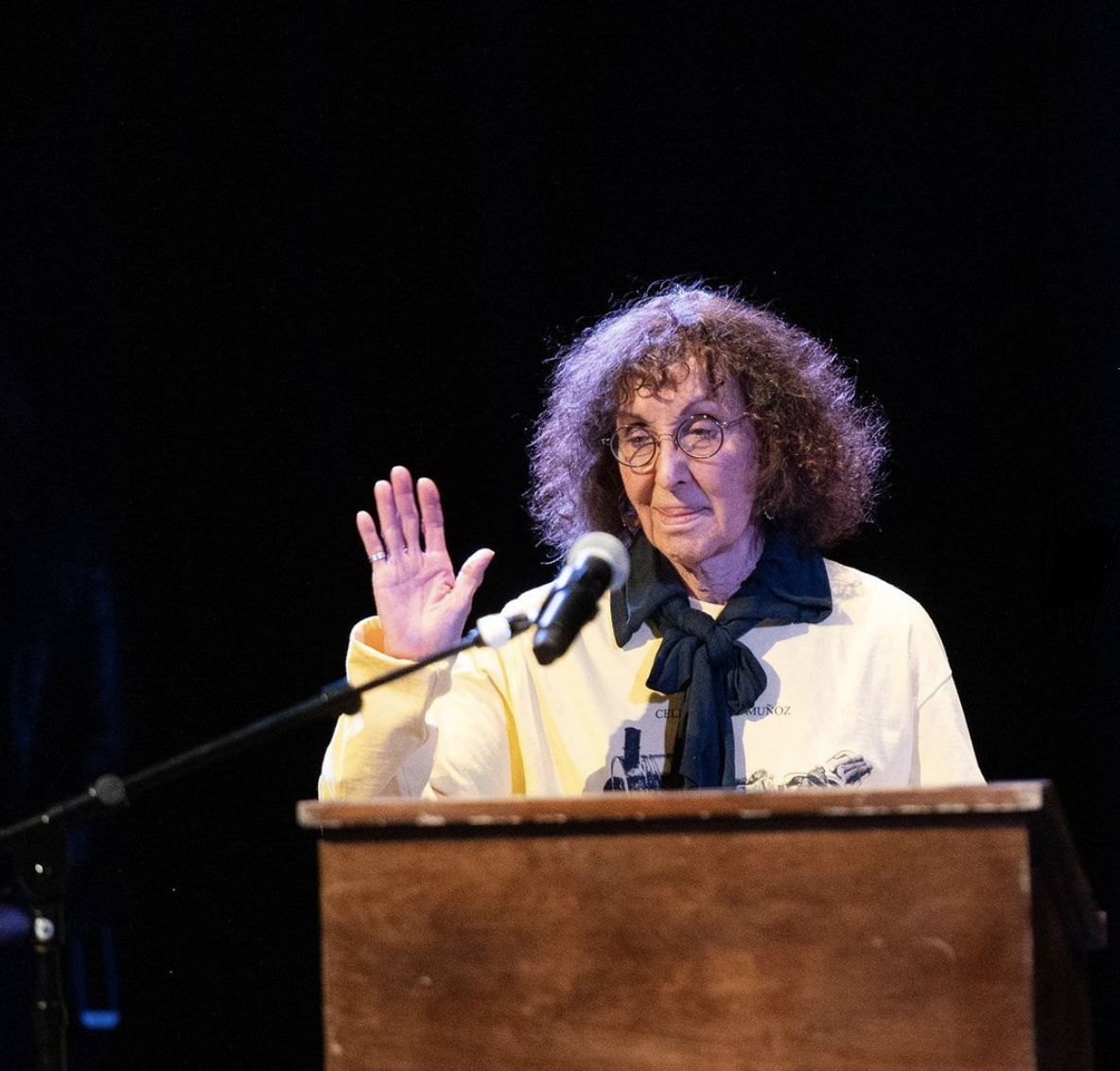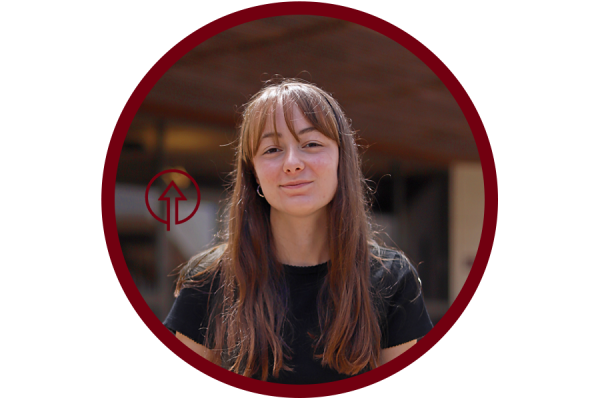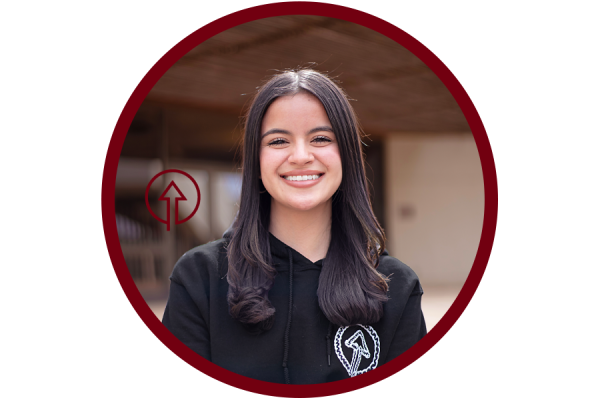Building and fostering an inclusive community was the unifying mission behind the March 26 Justice and Revolutionary Thought Conference.
The all-day conference began at 2 p.m. and concluded around 9 p.m., with every hour organized into presentations from various guest speakers from around the United States. In addition to guest speakers, the conference also provided a platform for students to present their research.
The different speakers provided unique perspectives about prevalent topics today, including feminism, racism, and rising tensions within America. Throughout the speakers, one of the topics that remained most prevalent was the idea of community building and social awareness.
Keynote speaker Professor Melissa Borja strongly emphasized the importance of community, highlighting that social change is brought about through organization and allyship. Dr. Borja has been active over the last few years by devoting much of her time to understanding the rise of Anti-Asian racism during the COVID-19 pandemic.
While Dr. Borja is especially active in the Asian American community, she made a point to say that building community is essential for any activist group.
“Strong relationships are foundational to making meaningful, effective, creative, courageous and sustainable change” Borja said.
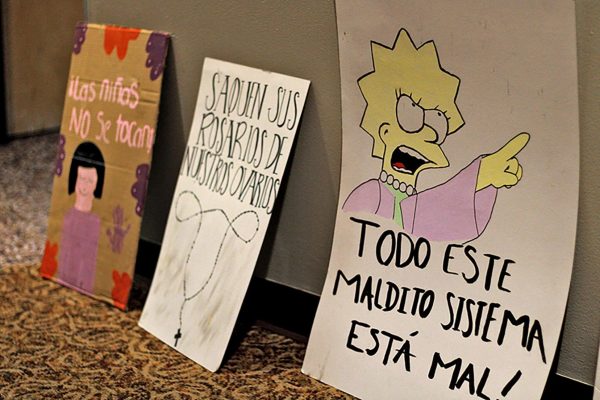
In a similar vein, Borja also explained how community building allows organized activism and encourages individuals to participate in ways they never had before. One of the examples she gave included her own experience testifying before state legislators, something that she was emboldened to do through her community.
Borja’s wit and genuine belief in the good of her work was made obvious as she answered questions from the audience. One audience member asked about how Asian American individuals in Las Cruces can go about organizing groups, and Borja quickly responded with encouragement.
“If you build it, they will come” Borja said. “Just make sure that it has good noodles.”
In a similar fashion, fellow keynote speaker Salvador de la Torre pointed out that another crucial element to revolutionary thought is self-acceptance.
“I’m vulnerable with my experience and journey through my art, and it gives people a space to connect and to let me know that they’ve gone through similar things so we can connect and find common ground through that vulnerability” de la Torre said.
The artist has been working on large-scale pieces since 2013, many of which are inspired by their experiences as a transgender queer person who grew up in the borderlands. Through their art they were able to come to terms with their gender identity and sexuality, drawing on their performance pieces that helped them connect with themselves.
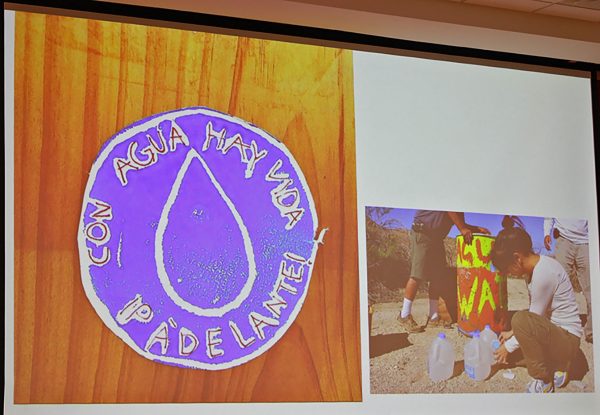
“My life is art and art is my life,” summarized de la Torre.
This dissection of identity was an interesting segue into the next segment of the event, a presentation from Professor Sophia Sangwanthong and junior Emily Turley on the illusion of family as a support system. Their research primarily focuses on minoritized individuals who often experience alienation and prejudice from their parental unit.
“I think it’s important to think about other ways of being and other ways of living besides the nuclear family,” Sangwanthong said.
Sangwanthong explained that the best way to combat this alienation is through creating a more inclusive environment by changing the language one uses. Rather than holding up the family unit as the epitome of support, people should correct themselves so as not to alienate those for whom their family is a negative experience.
“This promotes student success- this isn’t about ideology,” Dr. Sangwanthong said. “It’s about finding barriers to student success and if you ignore these barriers, you’re basically saying it’s okay for students to fail.”
Although the thesis of the research may seem daunting, Sangwanthong reiterated the main points of the conference, which is the importance of fostering a community that allows for people to feel accepted.
While the conference presented a variety of different perspectives on the meaning of justice and new ways people can broaden their perspectives, a core theme united the speakers: the notion that the most revolutionary action a person can take is not destructive. Rather, uplifting oneself and others is the true breeding ground for progress.


